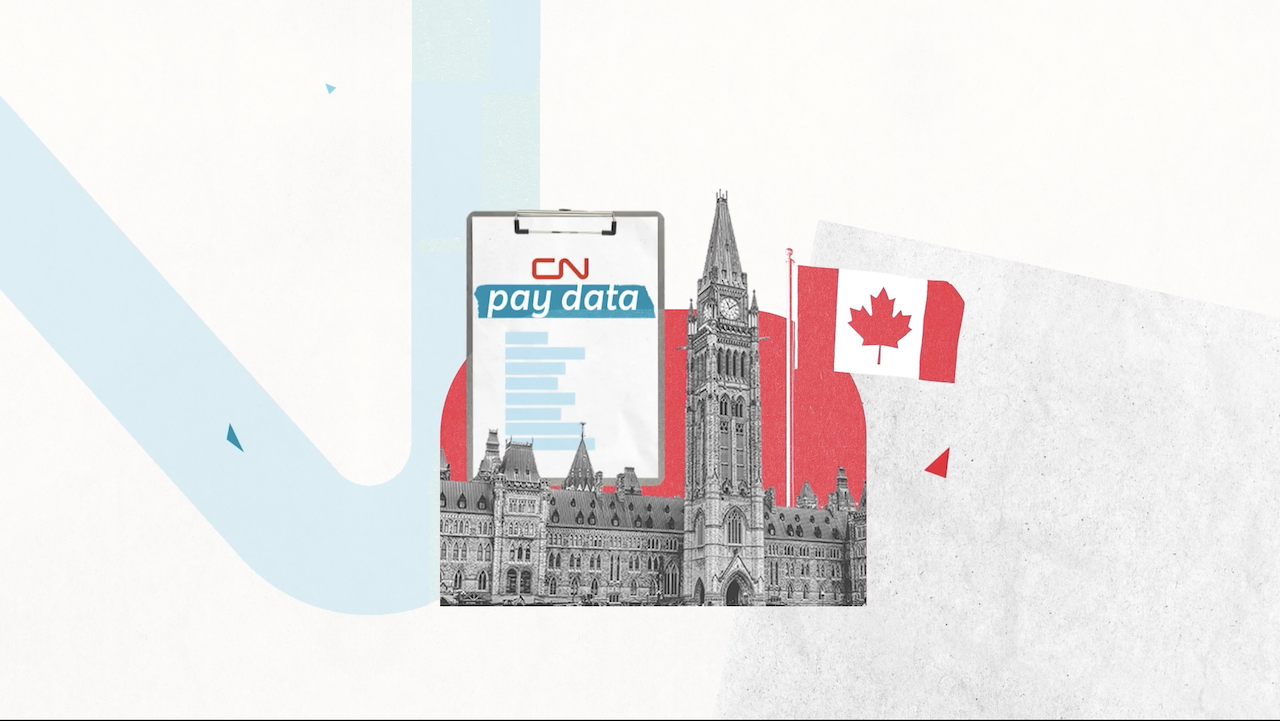
Govt. of Canada Mandates Federally Regulated Companies to Report Pay Data
Written by Carolina Worrell, Senior Editor
Screenshot Courtesy of CN
The Government of Canada recently introduced amendments to the Employment Equity Legislation that mandates all federally regulated companies, like CN, to report their pay data.
Minister of Labor Seamus O’Regan Jr. on Feb. 2 launched Equi’Vision, a new website that “shines light on the barriers to equity experienced by women, Indigenous peoples, persons with disabilities, and members of visible minorities in federally regulated private sector industries.”
According to the Government of Canada, the new website “provides user-friendly, easy comparable data on workforce representation rates and the pay gaps experienced by members of the four designated groups recognized under the Employment Equity Act.” With Equi’Vision, Canada becomes the first country in the world to make this level of information publicly available.
Equi’Vision data is submitted by employers with 100 or more employees as part of their annual reporting to the Labor Program under the Employment Equity Act. Individual employee information, including data related to individual salaries, is not reported or disclosed.
“Better information leads to better, more informed decision making,” the Government of Canada said. “By making this information publicly available, the Government aims to draw attention to the persistent issues in Canadian workplaces that are maintaining pay gaps and preventing representation, so that businesses are encouraged to act upon them.”
“Reducing pay gaps and improving representation requires all partners—businesses, workers and government—joining together to help create safe and inclusive workplaces for all workers, because that’s where workers are at their best,” the Government of Canada continued. “That’s a good thing for our economy, and for all Canadians.”

“If we’re going to close pay gaps and representation gaps, we have to know where those gaps are. There’s no equity without transparency,” said O’Regan Jr.
In response to the new mandate, CN says it is “committed to pay equity, ensuring we offer fair and competitive compensation for all employees.”
“We believe that pay equity and pay gap reporting are important ways to monitor our compensation and inform actions to reinforce our commitment to Diversity, Equity and Inclusion (DE&I),” CN added.
The Class I railroad launched a video detailing more about the pay gap reporting and its journey to “making CN the best place to work.”
According to the video, the pay gap data shows the difference between the average base pay salary bonus, and overtime of CN’s railroaders in Canada who identify as members of a particular designated group compared to all of its other railroaders in Canada.
“It’s important to note that many factors influence pay gaps at CN, like the fact that [more than] 75% of our workforce is unionized with collective agreements in place where seniority impacts earnings or the limited availability of a diverse candidate pool for the rail sector,” the Class I stated in the video.
“Finally, pay gap results are also impacted by variables like market conditions and the level of voluntary self-identification of our employees,” CN added.
The video (below) goes on to show how CN is increasing its DE&I efforts.
“We are dedicated to making CN the best place to work. A place that rewards fairly and provides equal opportunity for our railroaders to grow, develop and thrive. A journey like this takes time and commitment across all levels. Let’s all keep working, listening, investing and evolving so that everyone feels included and valued throughout their entire CN career,” the Class I said in the video.
Pay Gap Disclosure from CN on Vimeo.



